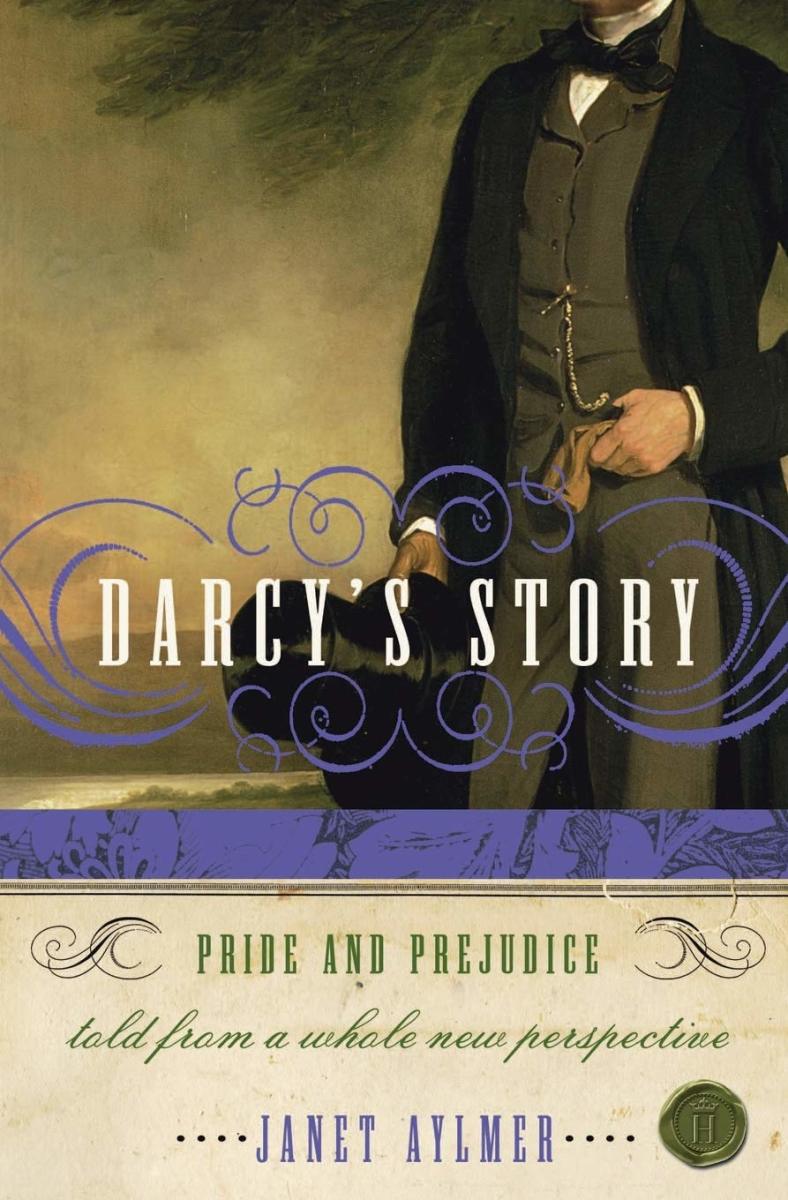Reality vs. Perfection
Perfection and Immortality via science were highly sensationalized topics in the early times of American culture

Perfectly Imperfect
Nathaniel Hawthorne's short story "The Birthmark" takes a serious look at man's desire for perfection. Set in the home and laboratory of Aylmer, a scientist with a desire to combine elements of the spiritual world into his work, the story is a dark criticism that science should never be held in the same regard as revelation and basic human nature.
At the time the story was written, science was an exciting form of study.
Aylmer is obsessed with power through his scientific discoveries in a way that suggests that he never stops to comprehend how callous and insincere this type of work makes him. Ultimately, this quest for perfection leads to destruction and the death of Aylmer's wife, Georgiana.
Aylmer is thus punished by Hawthorne, and loses everything because his thought process is wrong. By doing this, Hawthorne also questions the proper role of science in society.
The Science of Love
To gain a better understanding of what leads the protagonist in "The Birthmark" to become so narrow-minded, it is useful to examine Aylmer and his wife's circumstances. Aylmer had just married Georgiana and his "passion" for science is rivaled only by his love for Georgiana.
While observing his wife's complexion, he notices a "mark" on her left cheek that leaves him pensive. Aylmer doesn't realize this "earthly imperfection" until after the couple is married. Because of this, Georgiana sees a side in Aylmer she would just soon rather forget.
Georgiana is affected by Aylmer's fault finding and unreasonably begins to question herself to appease her husband. She wants Aylmer to be happy and comes to believe that, in regards to his issue with the mark on her cheek, "You cannot love what shocks you".
His radical viewpoints about science have now overlapped into his relationship, as he boldly declares that there is a "perfect practicability of its' (the birthmark's) removal". Hawthorne makes it clear early that Aylmer is blinded by his obsession with perfection to the point where he fails to realize how fortunate he should be to have Georgiana in his life.
Despite the facade of his scientific pursuits, it is clear that Aylmer is ruled simply by his superfical emotions and that he will risk anything to carry out his compulsive experiments.
Going Too Far
An aspect that is troubling to me regarding Aylmer is that he uses religious language to describe scientific breakthroughs. To him, the body is a reflection of the soul and nature itself must be questioned to attain his goals.
A passage in the text that reflects this idea is when he begins the procedure of removing Georgiana's birthmark. The room where the procedure takes place is dimly lit and sunshine (something found in nature), "...would have interfered with his chemical processes..."
However, Aylmer is terrified to be proven wrong despite evidence that most of what he has done scientifically invariably resulted in "failures". The situation he puts his wife in is even more upsetting because he honestly feels that her "earthly imperfection" is symbolic of sin and decay.
The imagery of the dream sequence in the story is a theme Hawthorne revisits regarding the nature of one's heart. In the dream sequence, Aylmer attempts to eradicate the birthmark of his wife with a knife. However, the birthmark plunges further down into Georgina's body until it is close to her heart, and every time Aylmer tries to get closer, the birthmark moves further away. The imagery of the dream is symbolic of how man cannot be divulged the secrets of nature, or the way to woman's heart.
This is a similar realization Roger Chillingworth experiences in The Scarlet Letter regarding Hester Prynne's relationship with Arthur Dimmesdale. Aylmer feels ashamed for feeling this way after the dream, yet continues to believe that he can strike a balance between nature and his self-seeking ways.
A Common Occurrence
The relationship of Aylmer and Georgiana is typically what happens where is an intital attraction between two people; one or the other tends to overthink the attraction in an effort to make it a perfect ideal.
In Aylmer's case, his arrogance is veiled under his pursuit of a perfect ideal and in the process destroys the one person willing to listen to his unusual thought process.







